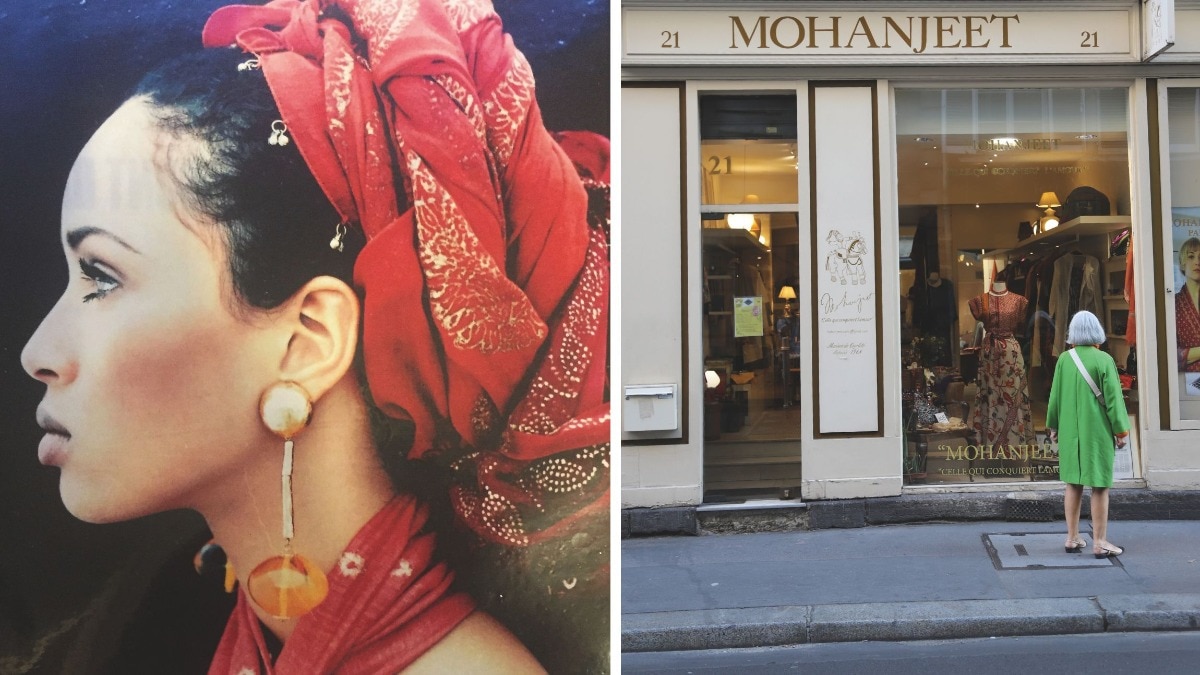Breaking down the growing trend of collagen supplements
We speak with experts to decode the popular anti-ageing formula.


In an Instagram post in 2021, three-time Olympian and celebrity trainer Sarah Lindsay spoke about how she uses a collagen supplement in her morning coffee every day. “Great for hair, nails, joints, and SKIN!” said Lindsay, talking about why she enjoys using the supplement.
She isn’t the only celebrity that has taken a keen interest in the supplement. Stars like Kate Hudson and Jennifer Aniston have invested in their own brands producing and retailing collagen supplements. As with any celebrity brand (remember how Priyanka Chopra’s haircare Anomaly was scrutinised, or how Hailey Bieber’s Rhode Beauty heard many a critical review), the conversation about the efficacy of these products has become a bit of a hot topic.
A recent Harvard study on collagen, stated that there were potential conflicts of interest in the research done on collagen supplements. A lot of the studies done on these supplements were either partially or fully financed by players in the industry, which could potentially have been a cause of concern.
With the lack of research on supplements such as these, it is completely acceptable to be a little skeptical about hopping onto this trend. We are part of the same bandwagon, which is why to really understand what collagen is and whether these supplements really do help enhance your beauty and help with collagen production, we spoke to a couple of experts.
What is collagen?
Collagen is a body protein that helps our skin be resilient to stretching or wrinkling. “Collagen accounts for approximately 30 per cent of the total protein content in our bodies, and it plays a crucial role in providing structural support, strength, and elasticity to tissues and organs such as the skin, cartilage, and bones,” said Avnish Chhabria, Founder of Wellbeing Nutrition, a leading nutrition supplements brand in India. Our body does produce its own collagen, which keeps us from ageing. However, collagen levels deplete with age, pushing the burgeoning trend of taking supplements.
“Additionally, collagen is an essential requirement for optimal bodily functioning. It aids in several essential body functions, like skin repairing, bone strengthening, maintaining bone density, and taking care of the heart,” said Sports Nutritionist Roshni Sanghvi.
What are the need-to-know facts about taking collagen supplements?
Collagen can’t be absorbed by the body as a whole. “For optimal absorption, your supplement should be in the form of hydrolyzed collagen peptides. Hydrolyzed collagen is rich in amino acids, particularly glycine, proline, and hydroxyproline, which are essential components of collagen,” said Chhabria.
The thing with collagen supplements is that the ones available in the market are not pure collagen. Vitamin C, vitamin A (also known as retinol), zinc, anthocyanin, and copper are some ingredients that boost collagen production in the body and are often times used in the supplements advertised. As with all vitamins and nutrients, an excess of it without supervision (as is the case with most of these supplements, with little research backing this), can have long-term complexities.
Other potential negative side effects are allergic reactions, stomach discomfort, and interaction with medications. Sometimes these supplements aren’t safe for people who are pregnant. This also depends on the quality of the ingredients since it varies based on where the collagen is derived from.
An important note to make when researching your collagen supplements is that most of them that are in the market are derived from either bovine, porcine, or marine life. Which means that most of these are not vegetarian. For a country like India, where a large part of the population is vegetarian, this fact is sometimes buried under all the positives of the products advertised.
A little discouraged? Don’t be. Though there is really not a ton of scientific evidence, there is a decent amount of anecdotal evidence that shows people really benefiting from them, and there are plenty of great brands in the market to choose from. Supplements aren’t all that bad, they are just boosts in what your body produces naturally. In case you’re not convinced, there are plenty of foods that although don’t have collagen in them, still help boost the production of it in your body. “While collagen levels development slows as we age, it never ceases, and if you give your body the nutrients it needs to make healthy collagen, the age-related decline will be less noticeable,” said Sanghvi. We’ve listed a few below that are backed by both of our experts:
Citrus fruits- These are rich in vitamin C, which helps boost collagen production.
Leafy greens- These are rich in minerals, antioxidants, and vitamins that similar to vitamin C help in collagen synthesis.
Nuts and seeds- These are rich in nutrients like vitamin E that helps protect collagen health as well as healthy fats that promote skin health.
Soy products- These products are rich in a type of amino acid called proline, which acts as a building block in collagen production, as well as zinc which also helps collagen production.
Tomatoes- These are rich in vitamin C as well as lycopene, which protects collagen from oxidative damage.
Mangoes- An excellent source of vitamin A this delish delight helps stimulate the accumulation of collagen in the body.
Feature Image: Kate Hudson










